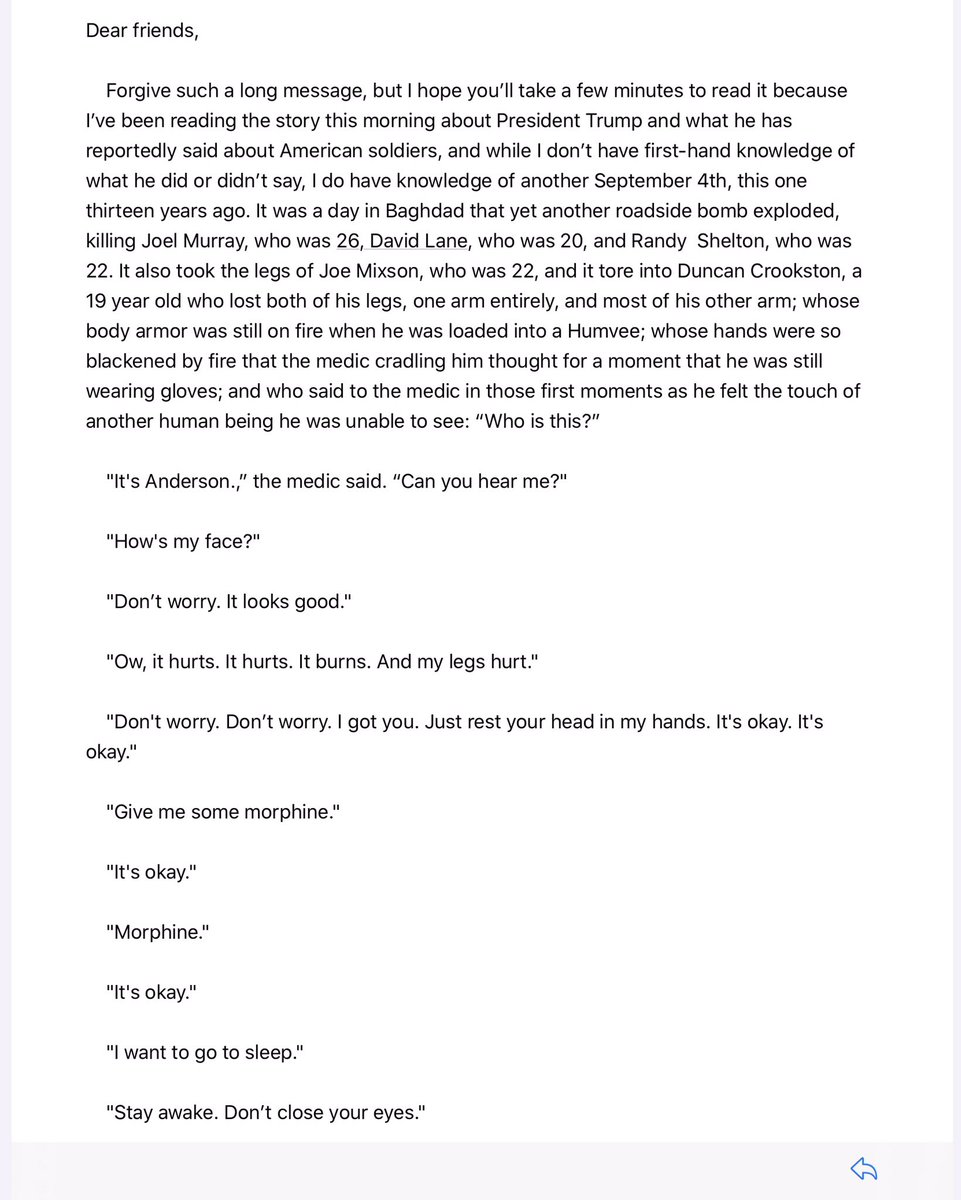
An additional point on the "consent of the losers," as mentioned in a previous thread.
First of all, after thinking about the issue for a while, I saw it boiled down to that perfect phrase in this article by @urilf, here:
theatlantic.com/international/…
First of all, after thinking about the issue for a while, I saw it boiled down to that perfect phrase in this article by @urilf, here:
theatlantic.com/international/…
But it's also useful in thinking about the Civil War, and its causes. Usually we talk about the South's motivation for seceding, because it's been so intentionally obscured and lied about. They did it to preserve chattel slavery, period.
But why did Lincoln fight them?
But why did Lincoln fight them?
He himself said, famously, that it was to "save the Union." "If I could save the Union without freeing any slave, I would do it; and if I could save it by freeing all the slaves, I would do it; and if I could do it by freeing some and leaving others alone, I would also do that."
But... why save it? Was just he trying to preserve a single government ruling from Maine to Florida and west to Texas? Because that's somehow better than two? Was it a legal argument -- if you join this club, you're not allowed to quit?
He did explain it, though, in the Gettysburg Address: "[So] that government of the people, by the people, for the people, shall not perish from the earth." But how, exactly was "government of/by/for the people" preserved by killing enough Confederates until they gave up?
Because of the immediate cause of the Southern secession: the results of the 1860 election. The Democratic party split its vote between two candidates, so the new Republican Party -- the first anti-slavery party in the US -- won the White House. Fair and square.
And in reaction -- before Lincoln even took office! -- the South moved to secede. They lost, but did not consent to the loss. And that refusal to consent was in and of itself a fatal threat to democracy, and if it had succeeded, in law or in fact, it would have ended it.
If the South had won, not only would slavery have continued, but the principle would have been established: those with power will always reserve the right to retain their power if they prefer. And as we know from all of human history to that point: they always prefer.
• • •
Missing some Tweet in this thread? You can try to
force a refresh





